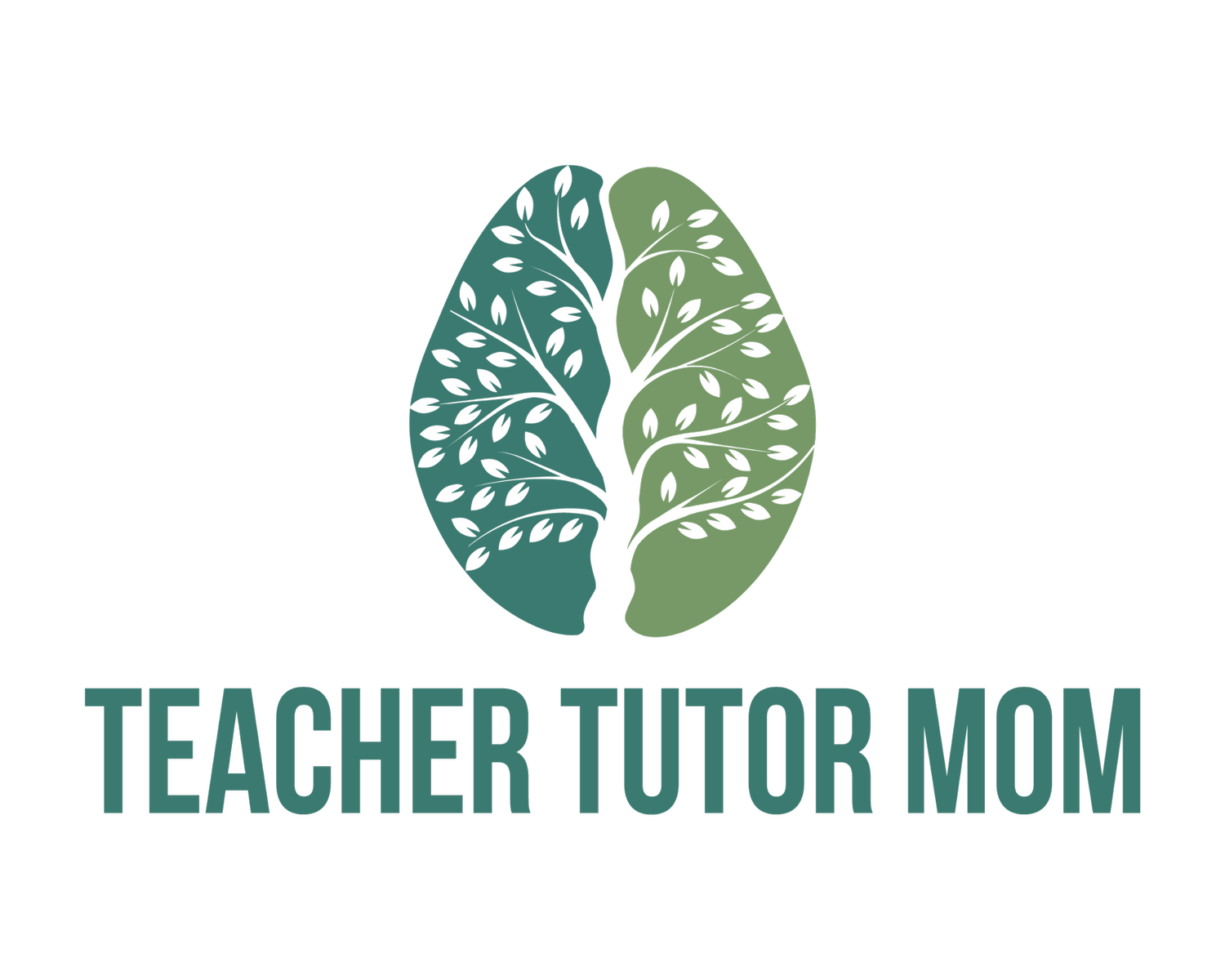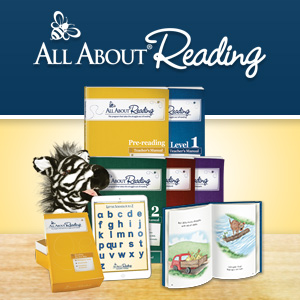How to Start Homeschooling
Heads up: This post contains affiliate links.* That just means, if you use one of my links to a product, I may earn a commission on that purchase, but it won’t cost you any extra money. If you choose to use my links, THANK YOU a million!! Read more.
Help! I'm overwhelmed. Where do I start?
There are SO many resources - I'll list some below that you may find helpful. And, many others have also answered this question. So, here is my stab at it...
Disclaimer: My advice is based solely on my experience. It does not constitute legal counsel, but is just my opinion.
Legal Stuff
Seriously, check your state laws first so you know exactly what you need to do. I can't provide any legal advice or any state-specific (or country specific) laws. And then read the rest of this as far as it is applicable to you.
Check your legal requirements
And then DOUBLE CHECK.
If you live in the USA, your state will have specific requirements for you; some are very minimal while others are pretty stringent. Many people suggest HSLDA (Homeschool Legal Defense Association) for figuring out your legal options/requirements. BUT, beware they may not be up to date…it appears their map has not been updated since 2020. And state legislatures have in fact met and changed laws since then.
So find a few varied sources to get started (and confirm by actually looking at your laws!).
Check my article, “Homeschool 101: Record Keeping” for some links to websites that can help you discover your state’s laws.
Ways to get started:
Other homeschool parents you know
FB groups for homeschoolers in your state
Homeschool cover groups (schools) near you
Your state’s website
Now for the fun part...
Subjects
What subjects do you want to try to do all together (assuming you’re homeschooling multiple kids)? History and Science are often taught as family subjects - along with some literature and, for Christian families, often Bible. Then, consider which subjects each kid must cover (and whether they need to be done separately or can do them together).
Main Subjects
List out the "main" subjects that you must teach - whether that is b/c of laws or convictions or simply strong desires. These are the main four I usually think of. (The lists under each are just examples or food-for-thought.)
Math
Science (this will be different according to the age of your children and the focus of the grade they're in)
Nature Study
Subject-focused (biology, chemistry, etc.)
History
incl. Geography and civics/social studies needed
US (or your country)
World
Language Arts - DON'T PANIC - this is a big one, BUT...every grade does not focus on every one of these sub-topics:
phonics/reading instruction
literature/read-alouds/silent reading
grammar
handwriting
spelling
vocabulary
writing
narrating (think retelling story, not necessarily writing)
Additional Subjects
Let's go over a few other subjects that you may want (or be required) to include in your homeschool. And be sure to list the ones that you are simply interested in teaching & would like to study. You can always scratch them out later. Here are some ideas to get you started:
Visual Arts
Bible
Critical Thinking Skills
Foreign Language
Music
music history
playing an instrument
music appreciation
Health/Physical Education/Dance/Sport
WorldView/Philosophy
Computer/Technology Skills
Life Skills
opening a bank account
cooking
tying shoes
Craft/Trade Skill
Homeschool Styles
Next, do you know what style of homeschooling appeals to you? If not, NO WORRIES!!!!
Do some online searches for some of these styles of homeschooling if you’re interested in various philosophies and want to figure out what appeals to you. It can be helpful to have an idea as you plan your curriculum.
Charlotte Mason
Classical
Unschooling
Waldorf method
Traditional
and more!
I personally found the book The Call of the Wild + Free* by Ainsley Arment both encouraging and freeing as I have begun my homeschool journey. She also gives some overviews of various homeschooling styles. (Her Wild + Free community incorporates people from all of these styles.)
Curriculum
Start looking at curriculum reviews and thinking about which books you’d like to purchase (or borrow).
Check out these other TeacherTutorMom articles:
Consider whether you’d like to use all one “boxed” curriculum that includes everything needed for an entire grade (note these can be pricey), or do you prefer to hand-pick each subject? This involves researching each individual strand of the curriculum and choosing accordingly. (This is my preferred method.)
Check out CathyDuffyReviews.com for an incredible resource to help you get started. She has hundreds (thousands?) of individual curriculum reviews as well as several PDF book resources you can purchase to help you navigate the curriculum waters.
Search YouTube for “[your kid’s] Grade Curriculum Reviews.” When you find something you want to learn more about, search that specific curriculum name too.
Print out a copy of your state's course of study from the state dept. website if you want to be aligned with (or even simply aware of) your school system's sequence.
Grab Home Learning Year by Year* by Rebecca Rupp if you want a general suggestion of what is taught in public schools per grade level. (In my mind I want my kids to cover what the public schools cover and then more.)
Also, get used to writing things down. Maybe even start before your school year begins (if possible). Start taking notes of all the learning your children are doing throughout the day. Did they watch a historically-based or scientific show during lunch? Write it down. Did they play outside? Collect leaves? Look at a cricket jumping across the porch? View a salamander up close? Write a thank-you note to a relative for a birthday gift? Cook breakfast for the family? So much learning is happening all day long. So, begin to take note of these moments.
Browse curriculum retailer websites. Ex:
KiwiCo* - This isn’t “curriculum” specifically but I have used these science kits in my homeschool. My kids think they are great!!
Check out Free websites like:
And consider publisher websites such as:
Save books and other items to your carts or wishlists on these different sites.
Update your main list with the details of your findings. (You may wish to use my Trello Board for planning.) Make sure you note questions you have or observations/concerns/etc. Keep those notes going as you look for the right fit for your family. Keep website links on your electronic list for easy access. If you prefer pen-and-paper lists, at least bookmark the pages so you don’t waste time searching for them again.
Approaches to Curriculum
As you check out the umpteen-million resources available now for homeschoolers, be aware of a couple different approaches you can take:
1. Boxed/Ready to Go
If you want to buy the all-encompassing curriculum by all means go for it!! That may be the best way to get started, get your feet wet, and it may work perfectly for you and your kids. Seriously there are some great options out there. Just know they can get pricey. A few examples of these include:
2. From-Scratch Lessons
If you choose to completely DIY your curriculum you can have some awesome fun and truly tailor-make your curriculum for your child. This is too loosey-goosey for me - I find that I need a bit more structure. But I’ll try to steer you in the right direction here…
You might want to check out this YouTube channel: The Waldock Way, or her website. She actually has some wonderful free checklists she uses for each grade level to make sure she is covering the key concepts. And, then she picks curriculum from there.
Consider reading Home Learning Year by Year* by Rebecca Rupp. This article is a really helpful explanation of how one mom uses Rupp’s book to design her curriculum from scratch.
The Well-Trained Mind* (by Susan Wise Bauer & Jessie Wise) is an especially great resource if you are interested in classical-style schooling.
3. Pick and Choose Curriculum
This is the method I use. You can just pull various curricula for different subjects and go from there.
I have been more middle-ground, so that is what I can speak to. I have purchased curriculum to cover our core subjects and then have added in other books etc. as we go. So, math is from one company, phonics from another, spelling from someone else...you get it.
If you’re interested in the curriculum I used with my first kindergartener, you can check that out here.
And last but not least…
Talk to Other Parents
Use their experience. You can connect with other homeschool parents in person, through social media groups, and even with bloggers/YouTubers, etc. You will probably find that many other homeschooling parents are very eager to share their knowledge and experience with others who are starting out. Use them! Just take what everyone (including me!) says with a grain of salt. Your school. Your family. Your life. Your decisions. I’ll link some other resources for you below.
Facebook Groups - search “homeschool [your state]” and see what groups pop up
Keep your eyes peeled - seriously you will find other homeschoolers all around you. Get to know some! Strike up a conversation on the playground or at the grocery store. You might (like me!) make a few new friends in the process!
Additional Resources
More from TeacherTutorMom:
Homeschool 101: Record Keeping
Where to Find Homeschool Curriculum
5 Great Books for Homeschooling Parents
25+ Items I Can’t Homeschool Without
All About Reading Curriculum Review
Math with Confidence Curriculum Review
Kindergarten Curriculum Overview
YouTube Videos:
How to Plan Your Homeschool Year - by Life in the Mundane
Thinking About Homeschooling Special Needs Kids - by Living with Eve
Homeschooling for Beginners 101 - by Living with Eve
How to Start Homeschooling 2022-2023 - by To Each Their Own Home
Top 5 Things I Wish I Had Known Before Starting Homeschooling - by Science Mama
2023-24 Homeschool Planning Brainstorm - Part 1 - by Science Mama
Articles from other sites:
How to Start Homeschooling & Conquer Fear - by Mandy Maltz
Homeschooling 101: A Guide to Getting Started {Book Review} - by This Reading Mama






